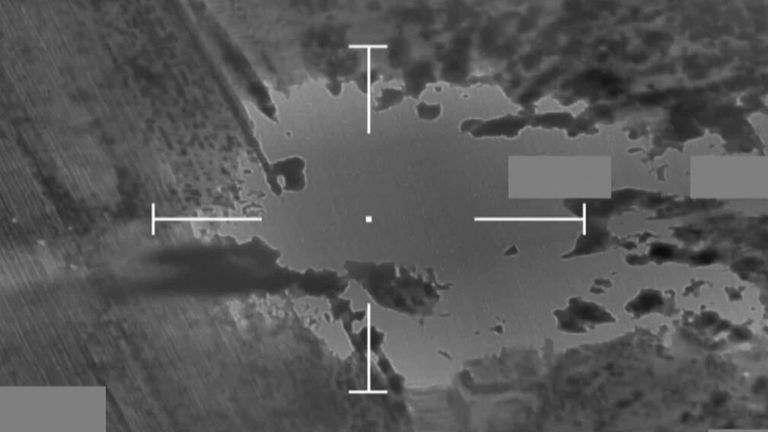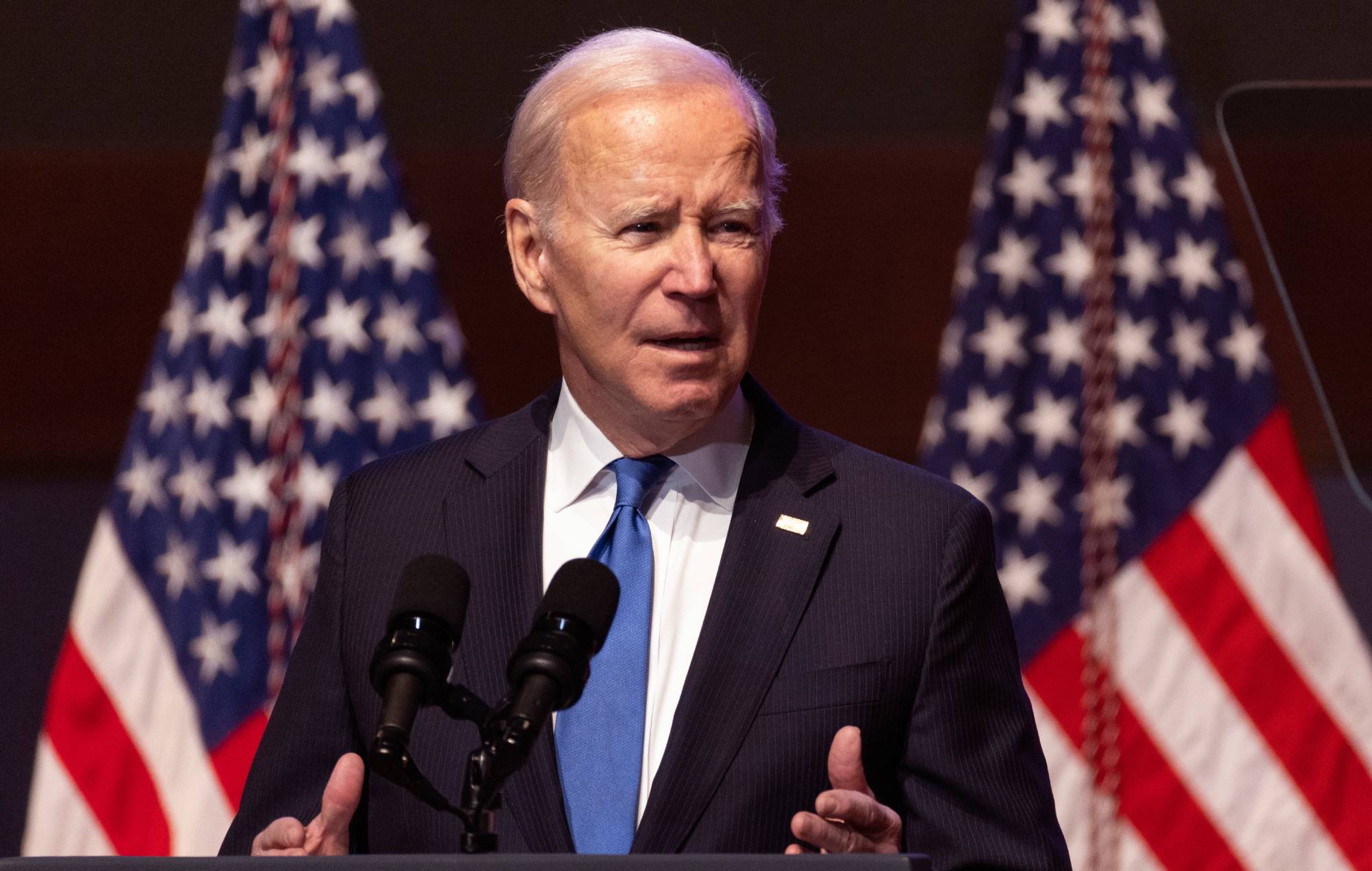After attacks on Red Sea vessels, the UK and US launched airstrikes on Houthi rebels in Yemen in self-defense. Houthi rebels backed by Iran have attacked Western ships, disrupting global trade.

UK-US Joint Strikes Target Houthi Missile Sites in Red Sea
The second set of UK-US strikes on Monday targeted Houthi missile installations, including an underground storage facility. The initial attacks began on January 11. Four RAF Typhoons were involved in the latest strikes, according to UK Defence Secretary Grant Shapps, who stressed the need to protect sailors and maintain global trade stability.
The Houthis, who have attacked over thirty multinational vessels since mid-November, pose a major threat. The US, UK, Canada, Australia, the Netherlands, and Bahrain stated their aim to undermine Houthi’s capabilities and hold them accountable in a unified statement.
While the goal is to de-escalate tensions and restore the Red Sea calm, questions emerge regarding consulting Parliament before military actions. The new operation was not revealed to Labour leader Sir Keir Starmer or Commons Speaker Sir Lindsay Hoyle, unlike the January 11 strikes.
READ ALSO: Trump Shifts Nickname Tactics as Ron DeSantis Exits 2024 Presidential Race
Houthi Rebels Defy Setbacks
The Houthis‘ continued attacks show that earlier bombings haven’t discouraged their campaign against Red Sea ships. Despite efforts to avoid it, the scenario hints at a regional clash.
Huthi attacks on ships have been presented as retaliation against Israel, with the rebels linking the ships to Israel. As the attacks continue, Israeli involvement becomes less evident. International alliance pledges to support rules-based order, protect freedom of navigation, and defend against Houthi attacks.
The recent UK-US strikes protect maritime interests, deter Houthi aggression, and sustain Red Sea stability. The situation’s complexity highlights the difficulties of balancing military and diplomatic solutions in regional crises.




